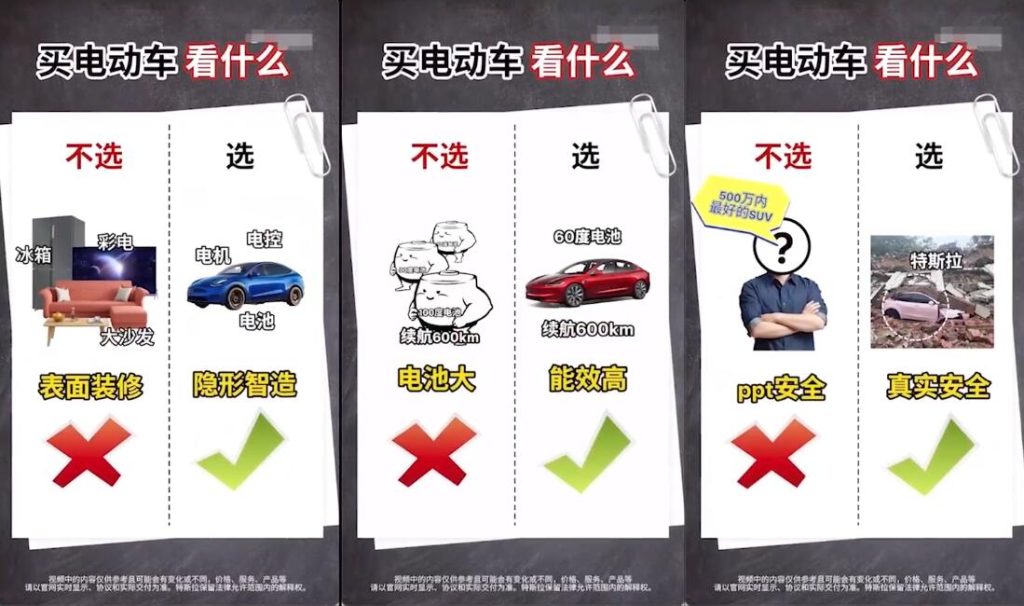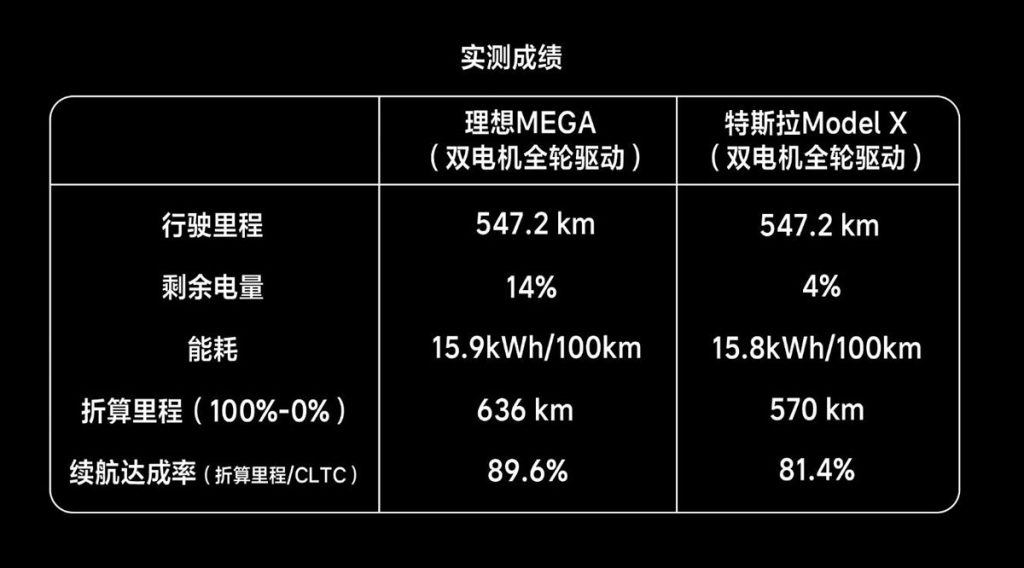Despite stock setbacks, Tesla (NASDAQ:TSLA) appears to have stronger fundamentals.
For the six-month period, Tesla has been the only S&P 500 (SPX) stock with a double-digit loss of 35.91%. This also translates to the three months following negative coverage of EVs during winter conditions.
The pure EV sector faces problems with entry-level affordability, charging infrastructure, and resale value as it is difficult to gauge the condition of the car’s most expensive component – batteries. On average, lithium-ion batteries degrade by 2.3% annually.
This means that the resale value of EVs far underperforms petrol-powered cars. According to an Auto Trader report last December, EVs lose up to half of their value in three years, leading to “unsustainable levels of depreciation.”
Expressed in the performance of Defiance Pure Electric Vehicle ETF (NYSE:EVXX), consisting of Tesla, Rivian (NASDAQ:RIVN) and three top Chinese EV companies, EV stocks had a 26% year-to-date loss. However, Li Auto (NASDAQ:LI) stands out from the crowd, as it even outperformed SPX at 11% YTD returns.
At this point, does it make sense to back TSLA or Li?
Outlining EV Battleground
When Bitcoin was half its current price, many investors bought in for maximum exposure. Others were burdened with doubts and waited. In the world of earnings and EV equities, this translates to catching the discount period. But to catch it, one must be assured of fundamentals.
Like Japan’s Toyota, China-based Li Auto adopted a plug-in hybrid, extended-range approach to EVs, cutting short some of the key adoption obstacles. Moreover, Li Auto focuses on SUVs, widely popular in the US due to their greater crash survivability. This is what propelled Tesla to supply the SUV demand with its own take – Cybertruck.
On the Chinese video-sharing platform Douyin, Tesla’s official account indirectly attacked Li Auto, arguing that one should buy EVs for their smart and safety tech instead of relying on superficial comfort features like refrigerators or color TVs.
Li Auto pushed back with the help of four Chinese car bloggers. On Weibo (NASDAQ:WB), they compared Li Auto’s minivan Li Mega (~$78k) to Tesla’s Model X (~$80k), showcasing Li Auto’s superior battery performance with 14% battery charge remaining vs Tesla’s 4% for the same range.

Image courtesy of CnEVPost
The exchange between Tesla and Li Auto showcased where the competitive fault lines lie. But moving forward, what is the make-or-break demand both companies must cross?
Affordability Threshold and Self-Driving Network Effect
Compounding on the depreciating EV resale value, the entry price remains the biggest EV adoption hurdle. Autolist.com’s Electric Vehicle Survey for 2023 noted that 42% of respondents view EVs as too expensive to lease or buy. This aligns with the S&P Mobility Survey, which found that 48% of respondents view EV pricing as excessively high.
Compared to the cheapest Li L7 SUV, which costs $44.5k, Tesla offers the Model 3 for ~$39k. Tesla has long aimed to break this barrier. Codenamed “Redwood (NYSE:RWT),” this new model should come online in mid-2025 at an entry-level price of $25k.
In the meantime, Tesla has gained a significant advantage in data collection for self-driving capabilities and other improvements. The difference in cars delivered demonstrates this. For FY 2023, Li Auto delivered 376,030 units while Tesla delivered five times as much at 1,808,581 units.
With Gigafactories and efforts to secure the lithium supply chain outside of China, Tesla is in a superior position to scale and ramp up production for the Western market. Interestingly, both companies reported free cash flow at ~$2 billion in Q4 2023 earnings. For Li Auto, this is a 349.4% increase from the year-ago quarter, while for Tesla this is a 45% increase.
During 2023’s aggressive price cuts against Chinese automakers, Tesla went through an equally aggressive price correction, making it the worst YTD SPX performer behind Boeing. But does that mean TSLA stock is now discounted?
Analyst Pricing of Tesla and Li Auto
Aggregated by Nasdaq, 32 analysts view the average TSLA price target at $207.22 vs the current $171 per share, making it a 21% potential gain twelve months ahead. For the same period, ten analysts view the average LI price target at $56.71 vs the current $38 per share, making it a potential 49% return.
This makes sense, given the 1,305% difference in their market capitalizations, which favors Tesla. However, Tesla’s forecasted price-to-earnings (P/E) ratio of 19.28 for 2024 suggests a cheaper exposure than Li Auto’s forecasted 72.47 for the same year. For the latter, investors would pay $72.47 for every dollar of the company’s earnings.
Li Auto’s initial growth spurt will likely be limited compared to other Chinese automakers. Tesla, owing to its large production capacity and strong branding, is preparing for the next phase of EV adoption in the Western market.
Neither the author, Tim Fries, nor this website, The Tokenist, provide financial advice. Please consult our website policy prior to making financial decisions.
***
This article was originally published on The Tokenist. Check out The Tokenist’s free newsletter, Five Minute Finance, for weekly analysis of the biggest trends in finance and technology.
